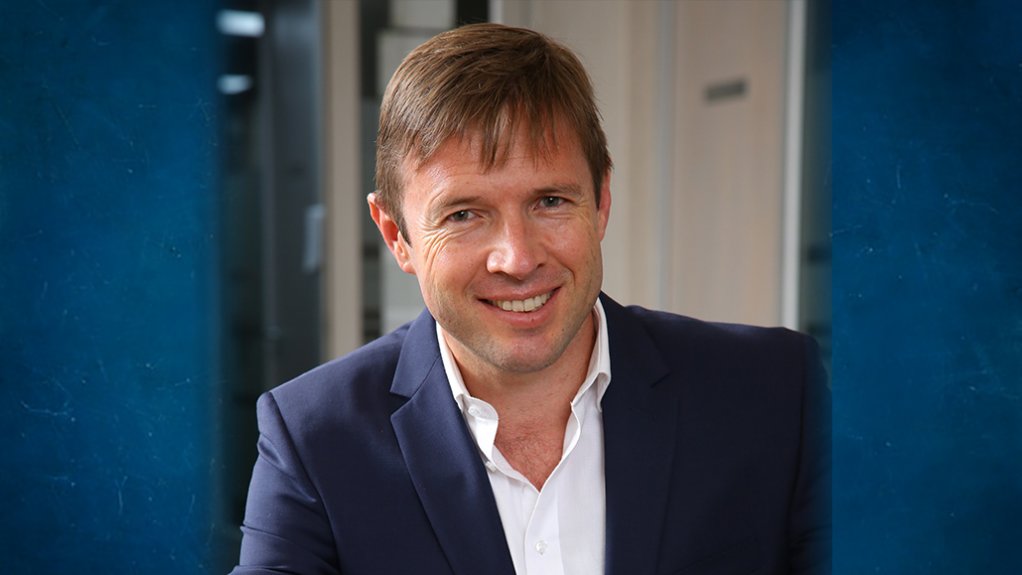The local consulting engineers sector boasts a high level of skills and capacity, however, lack of investment in infrastructure development has resulted in the industry struggling to retain and maintain its skills capacity level owing to consulting engineers pursuing international opportunities.
While there has been significant demand for consulting engineers in the mining sector, the construction and infrastructure sector has been subdued, resulting in low demand for consulting engineering services in that space.
However, despite the cyclical nature of mining, and the long period of underspending in public infrastructure, South Africa’s consulting engineering sector has a high level of skill and capability, says engineering consultancy firm SRK Consulting MD Andrew van Zyl.
He notes that the quality of the consulting engineering industry relies on the steady growth of experience across multiple disciplines over decades.
He explains that an effective, long-term response to this challenge will rely on a range of factors. These include nurturing greater interest in the scientific disciplines, supporting students and mentoring graduates. However, the success of these responses depends on a growing economy that can make full use of this expertise on an ongoing and predictable basis.
Vital Role
Consulting engineers are essential to maintaining standards of excellence in project planning and execution. They provide highly specialised technical and strategic services to various industries.
“Their status as independent experts is a vital economic pillar that underpins project quality and value for money,” says Van Zyl.
He emphasises the importance of consulting engineers as they assist in driving the implementation of global best practice in a range of environments. Consulting engineers are also essential in ensuring that South Africa has a competitive economy aligned with the expectations of investors and regulators.
Further, the public and private sectors rely heavily on consulting engineers to advise on how to plan and implement quality engineering solutions that are safe, while being environmentally and socially responsible. This helps to provide the foundation for key industries to operate at globally competitive levels.
It also ensures that economic development takes place within a sustainable and responsible framework – including complying with legal regulations and other compliance requirements. All these factors contribute to building an economy that is inclusive and one that is focussed on creating jobs, while attracting investors through being transparent and predictable.
Investing in the Future
With the world’s economy being driven increasingly by digital technologies, SRK has invested in its data science capabilities to enhance the application of scientific and engineering skills.
SRK’s ever-evolving expertise in the environmental, social and governance (ESG) field – especially in areas such as climate change – contributes to establishing a lower carbon economy that is more sustainable for future generations.
SRK’s work with the mining sector has allowed the industry to continue contributing to gross domestic product and employment. Simultaneously, the company has assisted in lowering the carbon footprint, improving water stewardship and more closely aligning with other ESG imperatives.
Water experts at SRK continue to promote water stewardship in South Africa and beyond, with the aim of facilitating economic growth within the constraints of the country’s scarce water resources. This work is also integrated with the company’s disaster management and infrastructure design teams.
Other aspects that have grown include air quality, water contamination and remediation, and engineering and environmental aspects of renewable power.
Edited by: Zandile Mavuso
Creamer Media Senior Deputy Editor: Features
EMAIL THIS ARTICLE SAVE THIS ARTICLE
ARTICLE ENQUIRY
To subscribe email subscriptions@creamermedia.co.za or click here
To advertise email advertising@creamermedia.co.za or click here













